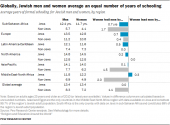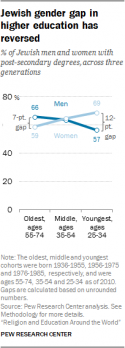The study by the YuWa Population Research Institute said the cost of raising a child until the age of 18 in China was 6.9 times its gross domestic product per capita.
This was the second highest in the world, behind South Korea, where the cost is 7.79 times higher than its GDP per capita.
“The high cost of childbearing is one of the most important factors affecting the willingness of families of childbearing age to bear children,” the report said.
“To this end, policies to reduce childbearing costs for families of childbearing age need to be introduced at the national level.
“Specific measures include cash and tax subsidies, house purchase subsidies, building more nurseries, providing gender-equal maternity leave, introducing foreign nannies, promoting flexible working styles, guaranteeing the reproductive rights of single women, allowing assisted reproductive technology and reforming the college entrance examination and school system.”
A nationwide survey by the National Health and Family Planning Commission in 2017 found that 77.4 per cent of women of childbearing age said “heavy economic burdens,” were the top reasons for not wanting more children after feeling “too old” or “not having anyone to take care of the child”.
The YuWa report estimated that the average cost of raising a child from birth to 17 years old in China is 485,000 yuan (US$69,430), while the cost of raising a child to college graduation is about 627,000 yuan.
The average Chinese worker earned 105,000 yuan a year in 2021, according to the National Bureau of Statistics.
There is a significant urban-rural divide as well. The average cost of raising a child to age 17 in cities is 630,000 yuan, more than twice the cost in the countryside.
The average cost of raising a child in Beijing and Shanghai is 969,000 yuan and 1,026,000 yuan, respectively, while the cost for families in Tibet is only 293,000 yuan.


